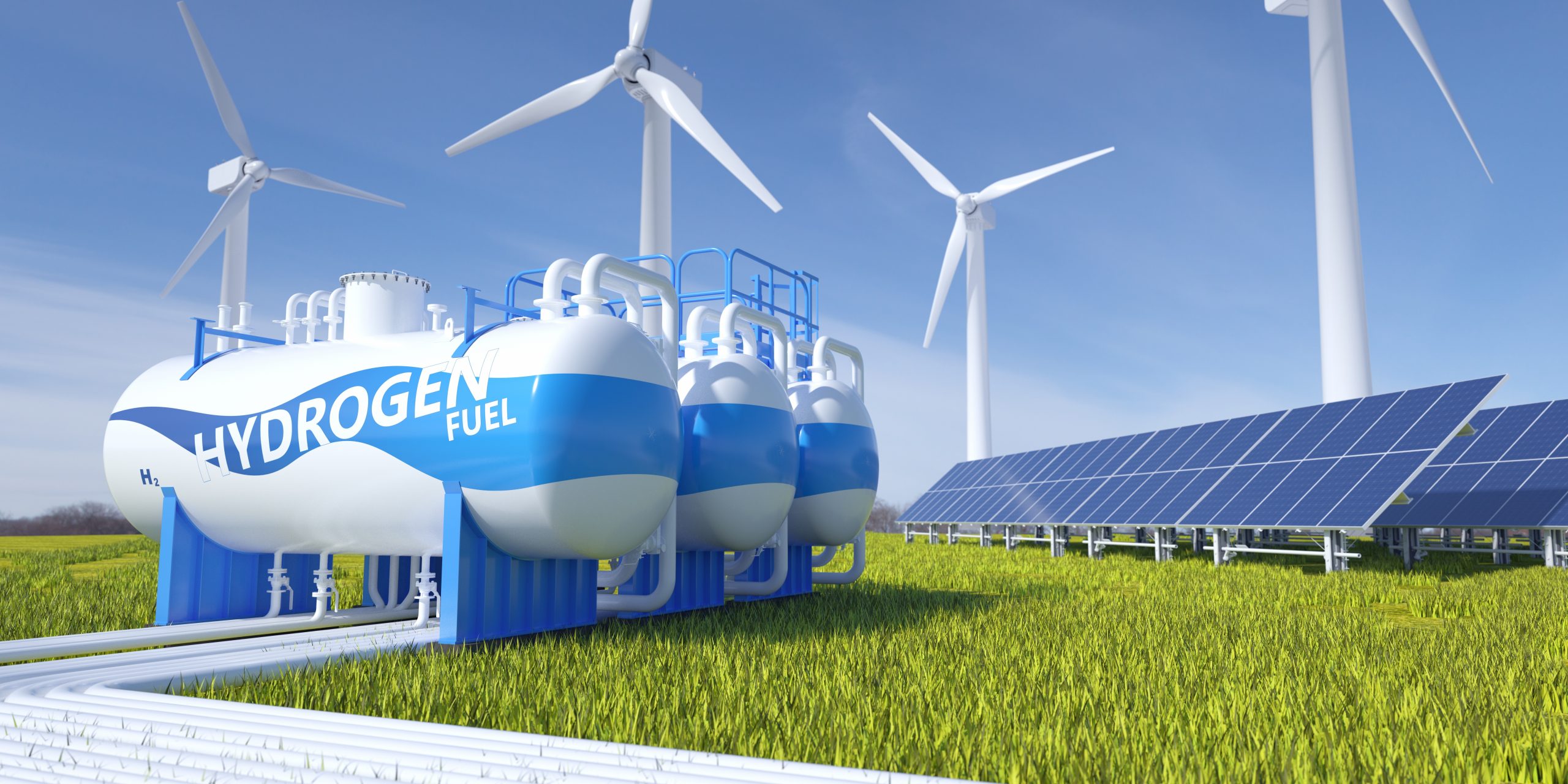NEWS & INSIGHTS | article
Innovation and Technology: Closing in on Net Zero

Anticipating the future has never been more important. This is true at all levels, planetary, country, organisational and even individual.
The technology landscape is evolving, and exciting trends are on the horizon to enable the transition to net zero. We need rapid change to spur an upheaval of our global energy system in line with the 1.5°C target.
Investment and innovation in hydrogen and Carbon Capture and Storage (CCS) technologies will be vital to decarbonise global manufacturing sectors and hard-to-abate industries, including chemicals, cement, steel and iron. Clean and renewable fuels such as hydrogen will help the transport sector transition, decarbonising aviation, with electric and hydrogen-powered aircraft used for shorter flights. Electric ferries will be utilised for shorter trips in the shipping industry, while hydrogen and ammonia are alternative options for long-haul shipping.
Our domestic heat must also transition to a combination of heat pumps and hydrogen (partially reusing the existing gas infrastructure). The transition for our homes doesn’t stop at heating. The construction industry is developing low carbon cement, while carbon-negative materials from biochar (made of 90% atmospheric carbon) may be used in construction, interiors and furniture. There are also opportunities to reuse many construction materials, including iron and steel, to reduce construction phase emissions by up to 70%.
Whilst these technologies are evolving, the pace is too slow. The International Energy Agency (IEA) states that the development of most clean energy technologies is lagging behind. However, recommendations and roadmaps clearly illustrate what needs to be done and how.
Our latest ‘Technology Driving Green Energy Growth’ report, published in collaboration with the Technology Leadership Board and Accenture, highlights three key recommendations to support rapid, early industrial deployment of emerging net-zero technologies in the UK that can be applied globally:
- Industry should be supported and incentivised toward rapid test and deployment of technologies to drive improvements in efficiency, modularity and scalability that will reduce levelised costs across offshore wind solutions, electrolysers, carbon capture technology and innovative materials.
- Government sponsorship and championing of the delivery of test and demonstration centres would de-risk, standardise and scale promising technologies.
- An infrastructure plan should be constructed to transport, transmit, store, and manage new energy commodities such as hydrogen, ammonia, renewable electricity and CO2.
Read the full article here ADIPEC Publication (energyconnects.com) (Page 50)
Subscribe for the latest updates



